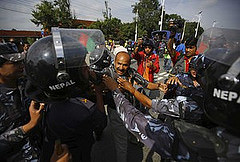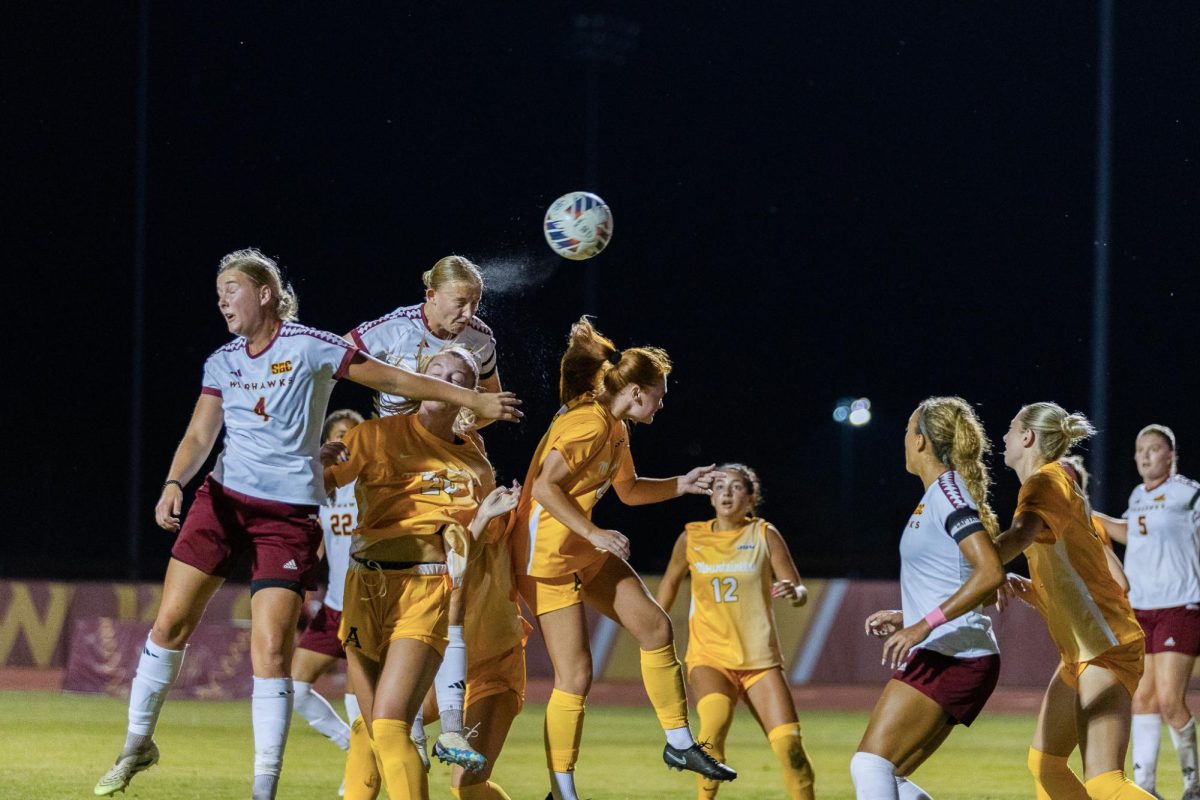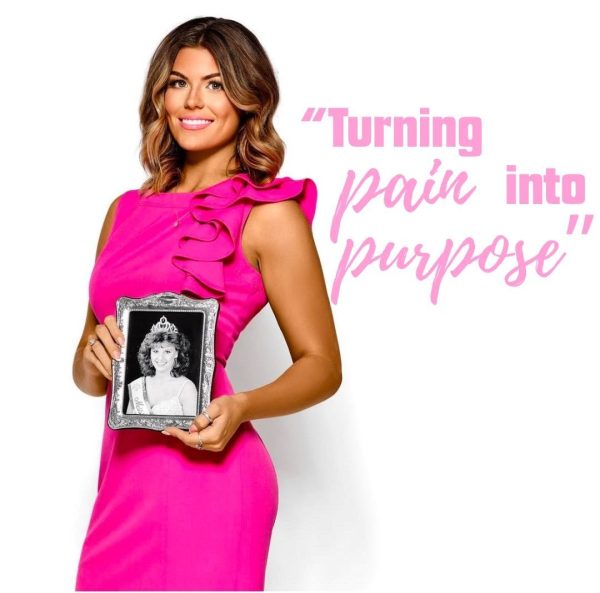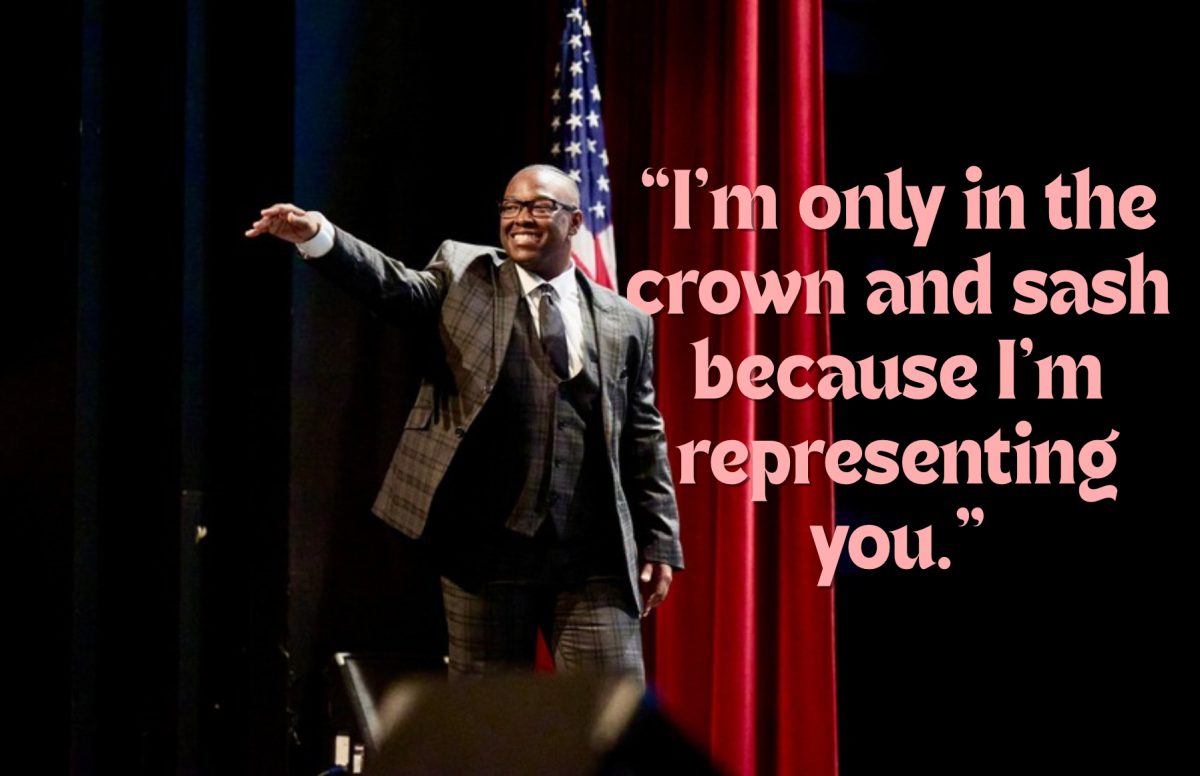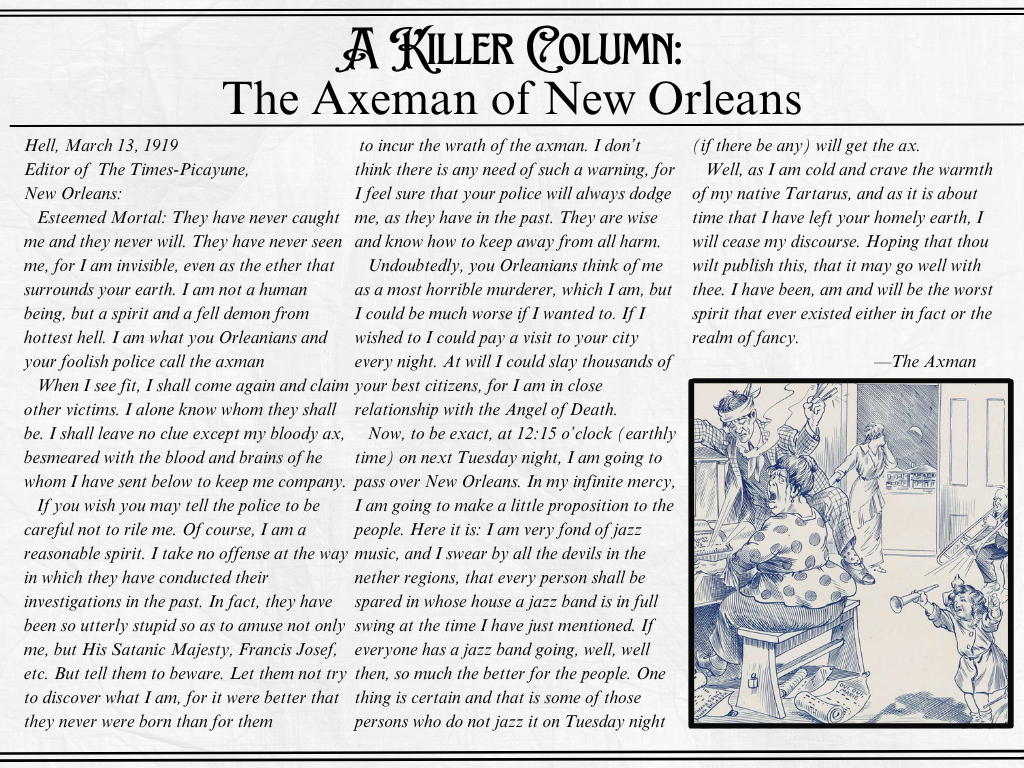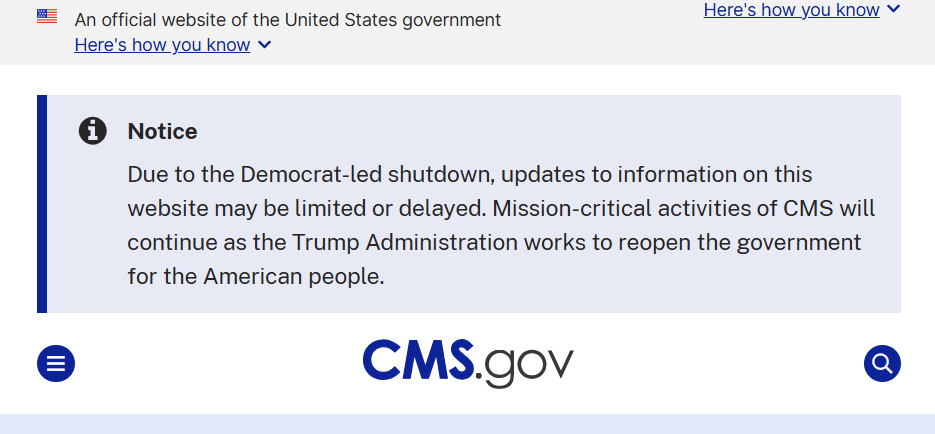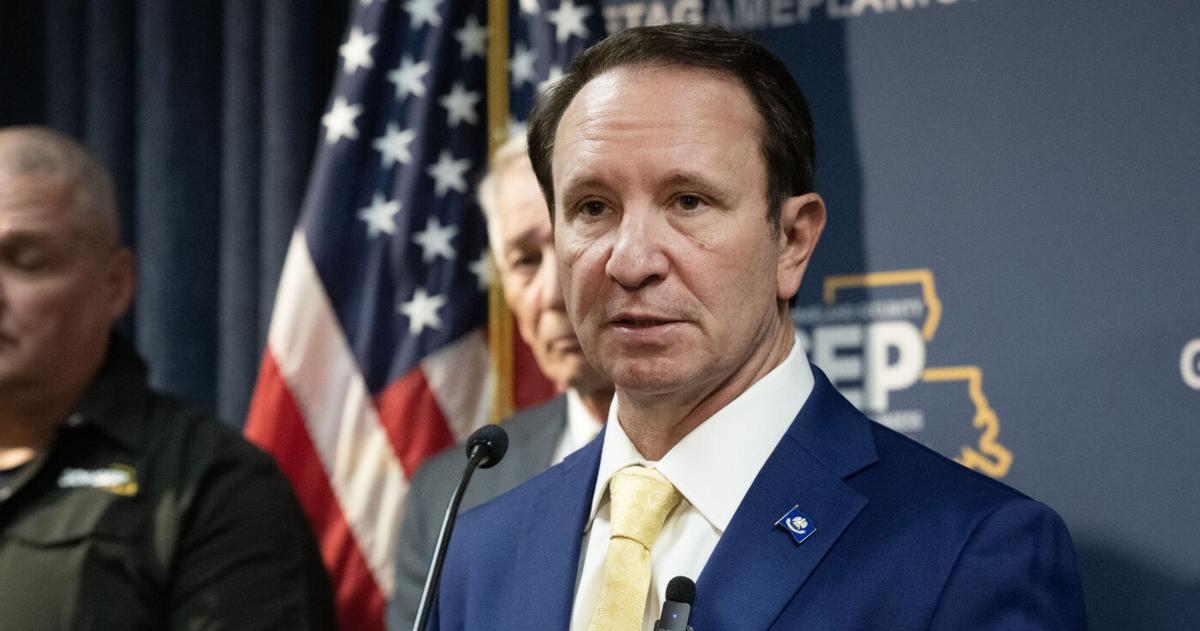Protestors in western Nepal killed seven police officers and one child during the recent demonstrations over a proposed new constitution, according to a leading national daily.
These acts have not only affected those in Nepal, but also impacted the Nepalese community on campus.
“I woke up to see my Facebook full of outrageous statuses, the situation must have been brutal,” said Shivam Kharga, a freshman computer science major. “Living abroad worries you more about the nation.”
The Nepalese became outraged when police tried to enforce a new curfew.
They responded by attacking officers with spears, knives and stones.
The wounded were taken to the regional hospital and the death toll was expected to rise.
“I’m worried for my family,” said Nischal Dhakal, a freshman computer science major from Tikapur, where there have also been recent protests and killings. “My mother said that the city was closed for days and curfew was imposed.”
In regards to religion and culture, Nepal was proclaimed to be a nation without any bloodshed.
This recent tragedy however has proved that wrong.
Krishna Bista, assistant professor, said, “I am very heavyhearted. The incident must have saddened the students disturbing their mundanity in the beginning of the semester.”
“At a stage when we are heading to a new era, we must call on people to not be involved in activities that disturb social harmony and ignite ethnic hatred,” issued the Ministry.
Work on a new national constitution began in 2008, two years after the end of a decade-long Maoist insurgency.
Members of the country’s Tharu minority have expressed their opposition to the plan, which they say would see the group further marginalized.
A new constitutional draft presented in parliament on August 22 aimed to restructure Nepal as a federal state made up of seven provinces.
“Education has a major role to play in awaking the insurgents. It beautifies character which creates harmony,” Bista said.
The protesters, most thought to be of Tharu ethnicity, argued that the new federal landmarks will invoke the historically marginalized communities towards a discriminatory society.
The group believes that the state system would hamper their existence in power play.
While that has been a public sentiment, the government has a different concern for the security.


